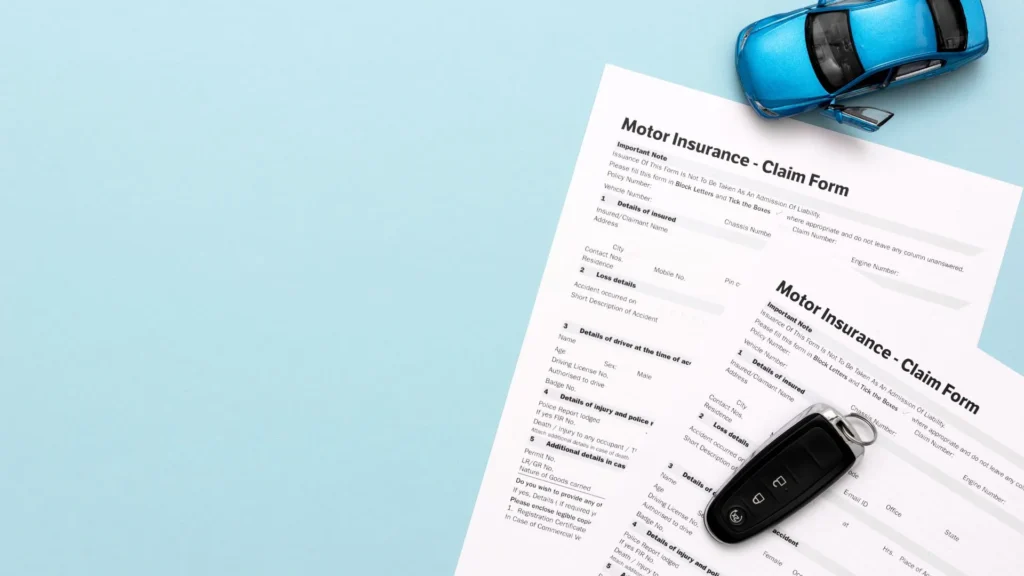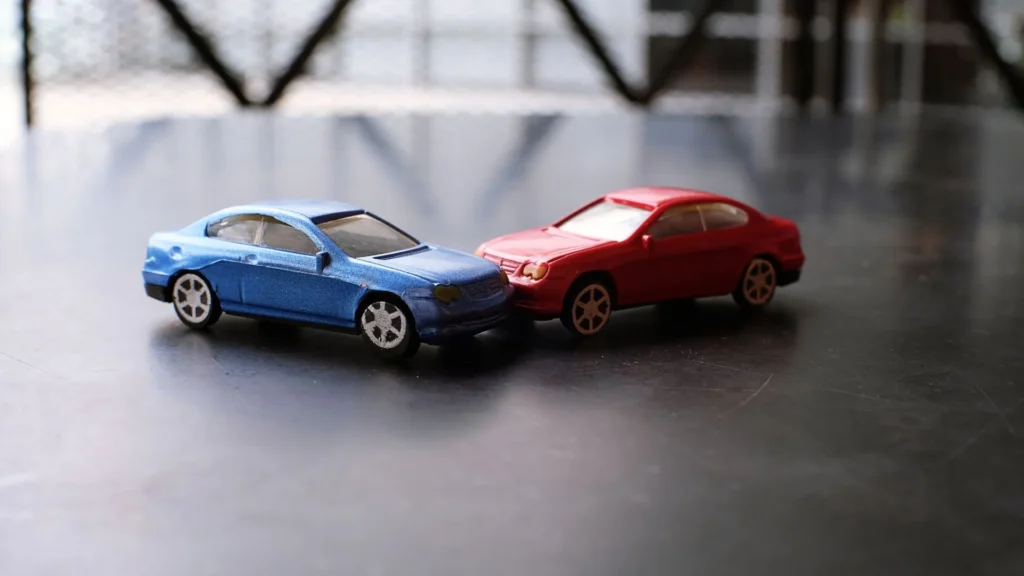Following a car accident, the certainty of having insurance comes with a sense of security. However, as the threat of litigation approaches, this security may be partial. It is critical to explore the complex landscape of automobile insurance and its coverage amid judicial proceedings.
Understanding the complexity of whether and how car insurance covers lawsuits becomes critical, from potential coverage weaknesses to state-specific rules.
Does Car Insurance Cover Lawsuits?
Yes, car insurance protects you financially after a car accident but does not protect you from litigation. While insurance typically covers specific fees, you must know scenarios where you could still face legal action.
What to Do If Sued for a Car Accident?
If an individual sues you following a car accident, consider the following steps:
- Speak with a lawyer familiar with your state’s laws to help you negotiate the specifics of your case. Generally, your insurance should cover the cost of a lawyer to defend you.
- Exceptions include failing to report the accident, creating the accident on purpose, or causing damages that exceed the policy limitations.
- In no-fault states, drivers seek reimbursement through their insurance; however, some exceptions may allow for further compensation through lawsuits.
When You Can Be Sued?
Even if you have insurance, you could be sued in the following situations:
Failure to Report an Accident:
It is mandatory in California to report accidents that cause injury or severe damage. To minimize difficulties, timely notification to the police and your insurance carrier is critical.
Insufficient Coverage and Serious Injuries: –
The cost of serious injuries can surpass insurance policy limits, making you susceptible to lawsuits. Understanding your state’s minimum coverage requirements is critical to avoiding becoming underinsured.
Liability Disputes:
Disputes about fault and liability might result in lawsuits. Many cases settle out of court, but if parties cannot agree on guilt, they may resort to legal action.
Can Somebody Still Sue you for a Car Accident Even if you have Insurance in Indiana?
Having car insurance in Indiana does not provide perfect immunity from claims. While insurance provides financial security, consumers might seek legal action in certain instances. Factors that could lead to a lawsuit include a dispute over compensation, disputed liability, or injuries that surpass the insurance limits.
Due to the state’s fault-based system, victims in Indiana can go straight to the negligent motorist’s insurance company to get their money back. As a result, even with insurance, getting sued is still possible, highlighting the necessity of understanding state laws and coverage restrictions.
Can Someone Sue You for a Car Accident if You Have Insurance in Texas?
Even with auto insurance in Texas, you could still face legal action after an accident. Texas uses a fault-based system, which allows injured parties to file claims against the at-fault driver. Litigation can result from disagreements about liability, poor coverage, or delays in the claims process.
Furthermore, Texas allows for proportionate guilt, meaning each party involved might bear a percentage of the blame. Individuals may risk legal action even if they have insurance, underscoring the importance of comprehensive coverage and knowing the complexities of Texas’ legal environment.
What happens if someone sues you for more than the sum insured in Virginia?
The legal system in Virginia allows individuals to be sued for amounts exceeding their insurance coverage. The negligent motorist can face individual charges for costs beyond their insurance policy’s limitations.
It is crucial to be familiar with the culpability rules of Virginia because the state operates under a contributory negligence framework. While insurance provides an essential layer of protection, understanding the repercussions of lawsuits beyond coverage limits is critical in protecting one’s financial well-being.
Conclusion
Navigating the aftermath of a car accident necessitates a thorough understanding of insurance coverage and any legal ramifications.
While insurance provides financial security, vulnerabilities remain. Recognizing potential lawsuit scenarios, whether in Indiana, Texas, or Virginia, is critical.
Beem is a beacon in this complex world, giving insights and a spectrum of services to guide you through uncertainty.
You gain a proactive ally in defending your financial well-being amidst the complex intersection of auto insurance and prospective litigation with Beem’s comprehensive help, which includes legal consultations and coverage audits.
You might also be interested in this article:
- Does Car Insurance Cover Pothole Damage?
- Does Car Insurance Cover Paint Damage?
- Does Car Insurance Cover Lost Keys?
- Does Car Insurance Cover Hitting A Garage Door?
FAQs
In Florida, what would happen if someone sued you for more than your insurance would pay?
Your insurance policy will nonetheless pay the entire liability policy limit toward judgment satisfaction if an injured party wins a lawsuit against you for more than your insurance covers.
Which components are protected by car insurance?
Only basic comprehensive insurance covers your automobile’s essential components; extras are not covered. However, you may cover the costs of replacing damaged accessories due to theft, burglary, accidents, or natural disasters with car accessories insurance.
How long in California may someone sue you following a car accident?
The Judicial Council of California states on its website that there is a two-year statute of limitations for filing personal injury cases and a three-year statute for filing property damage lawsuits.





























